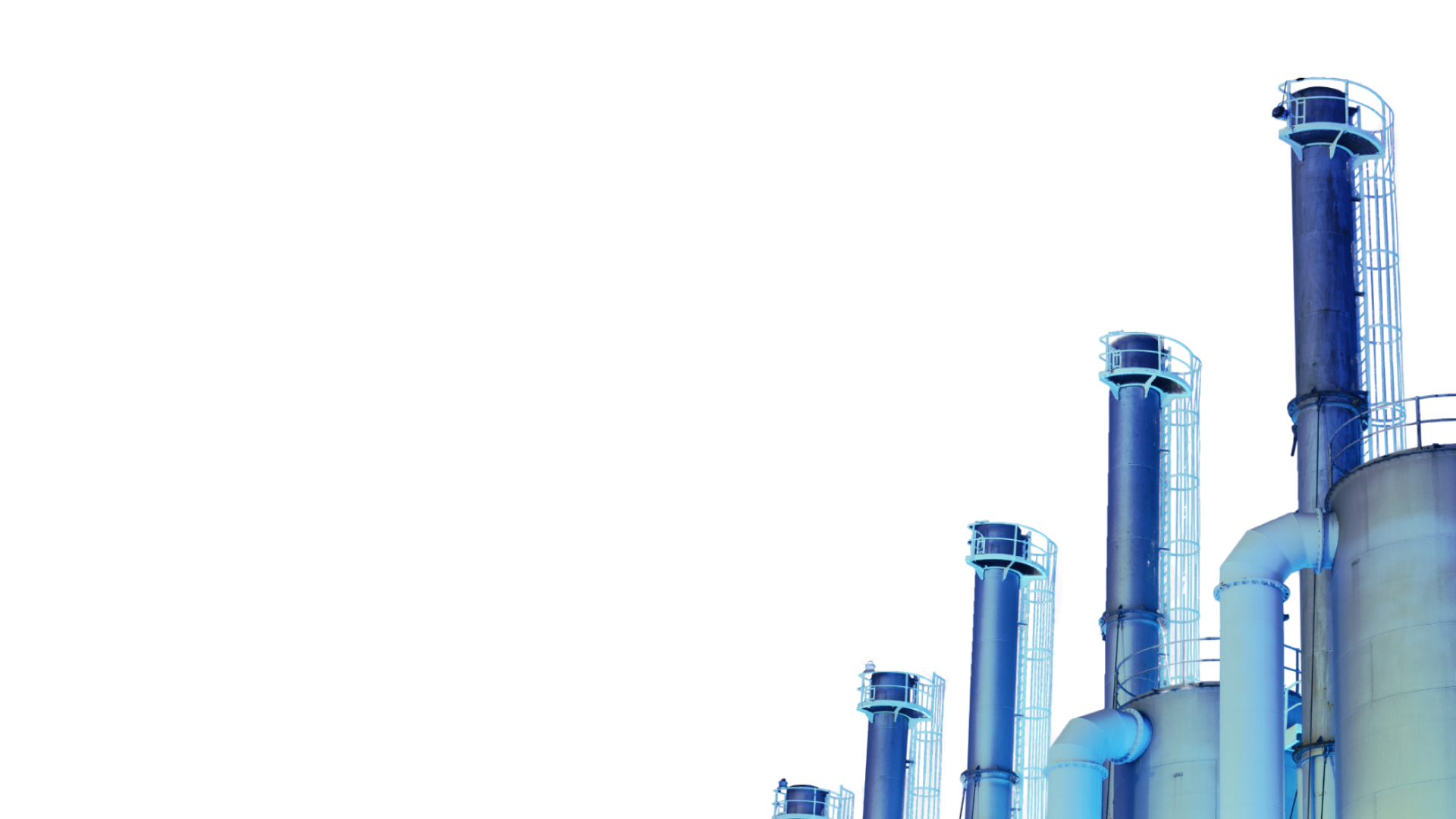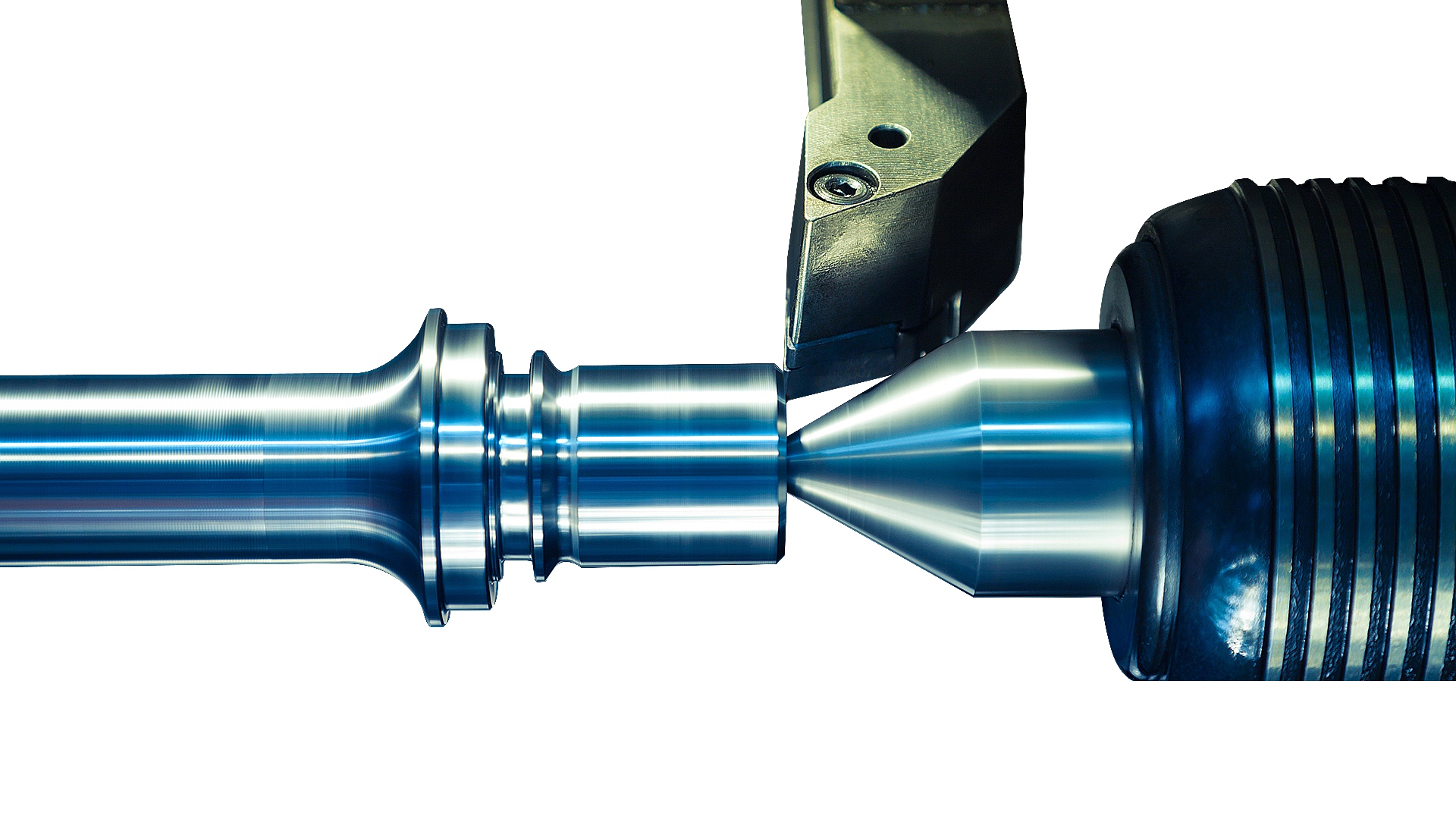Overview
In order to obtain a differentiated result, we include the experience of our industry experts, relevant studies, interviews with market participants and customised market models in our analyses. We examine the value chain, evaluate the company's business model, and identify risks in structures and processes (especially purchasing and sales).
In addition, we carry out detailed quantitative and qualitative benchmarking with competitors and possible substitutes – from relative financial performance to operational performance, e.g. with regard to possible key purchasing criteria (KPCs). The topic of sustainability or ESG is becoming increasingly relevant in this context: our ESG scoring provides stakeholders with a comprehensive picture of the status quo and areas for action.
These insights are combined in the plausibility check of the turnover planning. This provides the parties to the transaction with a reliable basis for decision-making on the valuation of the company, which also highlights any red flags (obstacles to the transaction) at an early stage.
 Mike Zöller
Mike Zöller




























